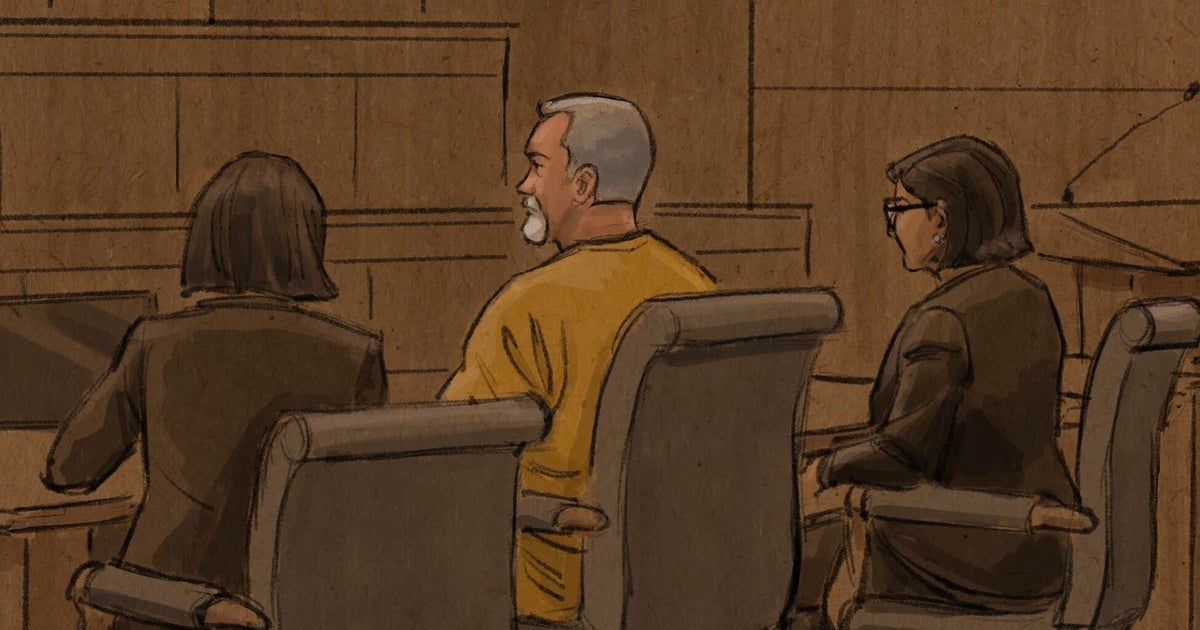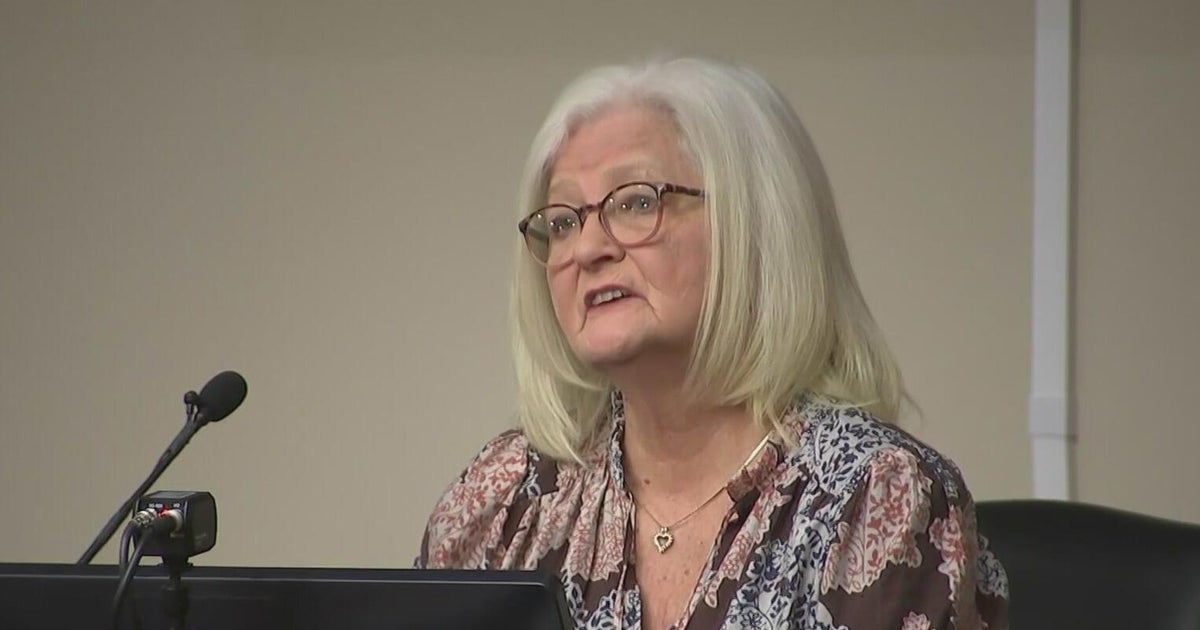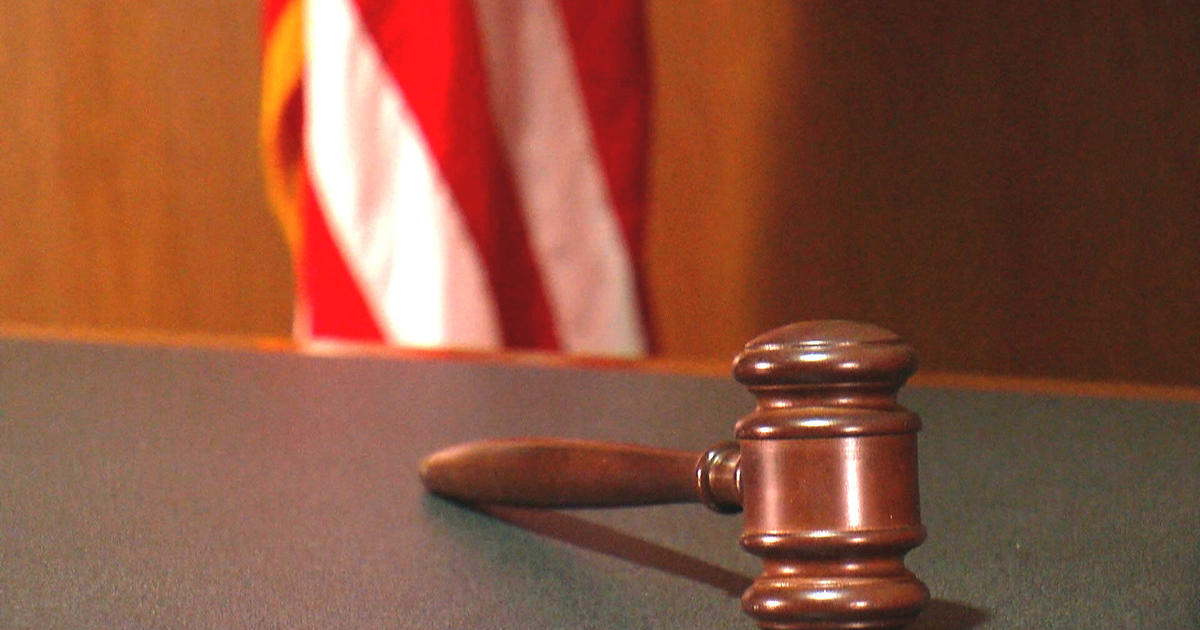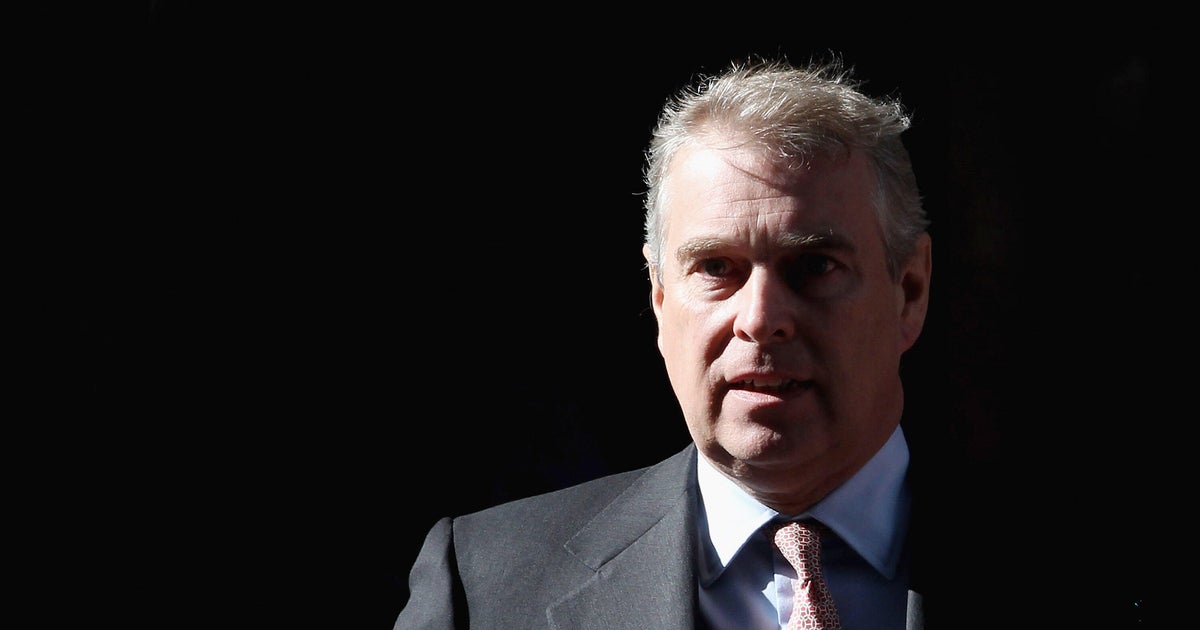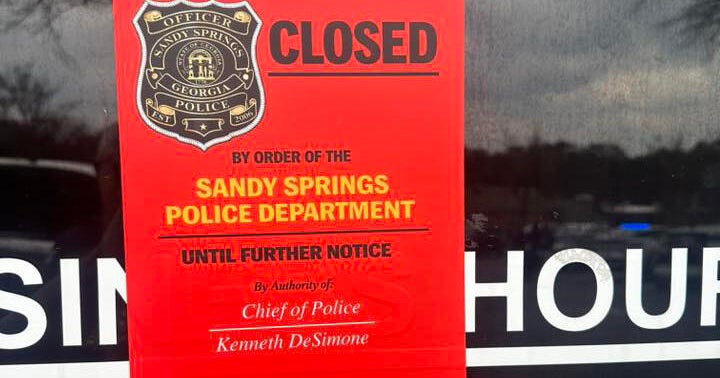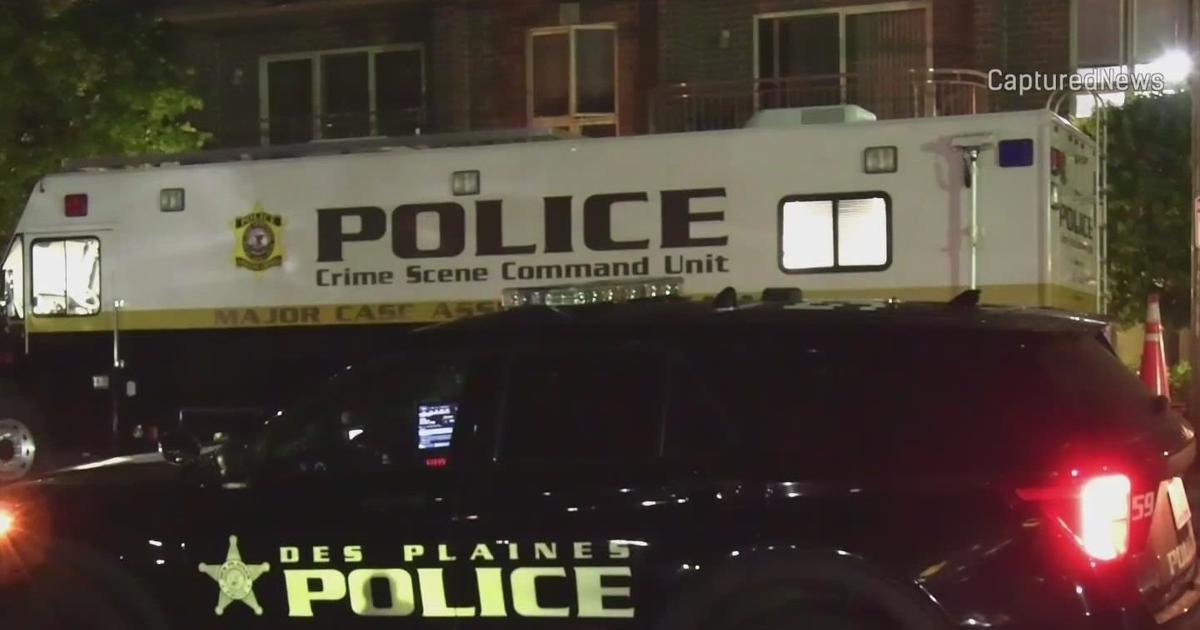Lawmakers propose increasing penalties for selling fentanyl
ST. PAUL -- Law enforcement, prosecutors and families who have lost loved ones to the opioid epidemic are pushing the state legislature to increase penalties for the sale and posession of illicit and highly potent fentanyl to crack down on a growing crisis.
Criminal offenses and penalties under statute are determined by quantity and weight thresholds, but even though fentanyl is 50 times stronger than heroin, the latter faces higher penalties than the drug largely responsible for all opioid-related deaths in Minnesota in 2021.
But a bill with bipartisan support would bring fentanyl in line with heroin under the law.
Supporters say it's not designed to target people dealing with addiction, but the suppliers of the pills.
"What we're trying to do is disrupt the supply chain and hold folks accountable who are pushing these poisons into our communities and making these poisons available to our kids and our family members," Sen. Judy Seeberger, DFL-Afton, said.
This has been a priority push from Republicans, who included it in their public safety plan, but it has bipartisan backing in the DFL-led legislature.
At a hearing in the House last week, Jeff and Michelle Loberg held back tears sharing the story of how the epidemic touched their family and left their hearts shattered. Their son Nicholas, whom they described lovingly as a "fun and sweet kid," died of a lethal dose of fentanyl.
They implored lawmakers to pass the bill.
"I'm praying that my testimony helps you decide to vote yes," Michelle said. "This is the least we can do to curb these dealers from thinking they are untouchable in the eyes of the law."
"The dealer gets to be alive with choices, but you have no choice but to live with the aftermath of your child's death," she added.
Recent changes to the proposal, which has been brought forward in the legislature before, also require law enforcement to be trained on and carry opioid overdose reversal drug naloxone while on patrol.
Steve Soyka, Stearns County Sheriff, submitted written testimony that described how difficult it is making a criminal case against dealers under current law.
"By passing this bill it will be easier for law enforcement to get a criminal charge that takes dealers and potential killer of many off the streets," he said.
The Minnesota County Attorneys Association echoed those comments, calling current rules a "serious problem" that needs to be fixed so law enforcement and prosecutors can work together to save lives.
This proposal was due for hearing a Senate committee on Wednesday, but was tabled until Friday. Separately, there's an effort to fund suppling Narcan, the nasal spray version of naloxone, in all of Minnesota's K-12 schools in case of an emergency.
State data from the Minnesota Department of Health show the number of hospital visits for nonfatal overdoses among school-aged children nearly tripled from 2016 to 2021. That number doesn't include other overdoses treated by emergency responders or by others in the community.


